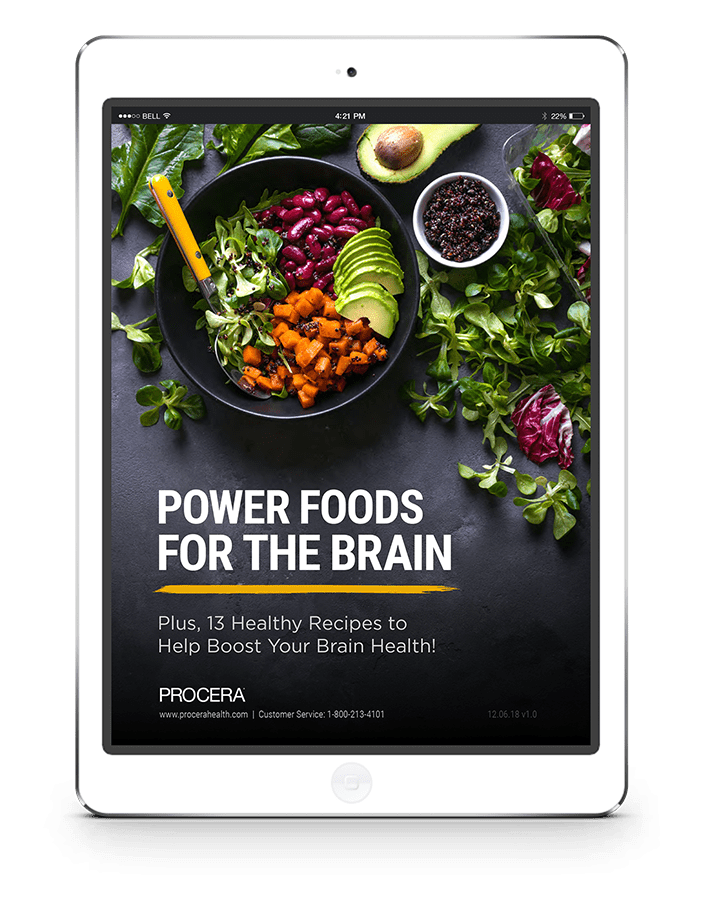
Vitamin D is an essential nutrient that your body needs for many vital processes, including building and maintaining your brain function, immune system and bone structure. Over 85% of people have insufficient vitamin D levels, which is particularly concerning given the pandemic and lack of sunshine in the winter months. Here are 3 effective ways to increase your vitamin D levels.
What is Vitamin D?
Vitamin D is a fat-soluble vitamin made by our bodies only when our skin is exposed to the sun. It’s considered an essential nutrient because the human body cannot make it on its own, without the assistance of sunlight, food and/or dietary supplements.
Research On Vitamin D
From the early days of the COVID-19 pandemic, researchers examining the question of why some people were better protected from the infection than others began to look at a possible role for vitamin D. The nutrient is known to contribute to a well-functioning immune system in a variety of ways, including defending the body from serious health issues including respiratory infections. A meta-analysis of 25 randomized controlled trials involving about 11,000 people concluded that giving daily or weekly vitamin D supplements reduced the risk of acute respiratory infections. In addition, studies have shown that countries farther away from the equator—where levels of the vitamin tend to be lower because of less sunlight—have higher COVID cases and worse outcomes than those closer to the equator.
The Benefits of Vitamin D
Here are some of the benefits associated with this vitamin:
1) Contributes to bone health by aiding in calcium absorption into the bones, as well as other vitamins and minerals that contribute to both health, including magnesium, vitamin K and phosphorus.
2) Supports the immune system and may help prevent prolonged or excessive inflammatory responses. Adequate levels seem to help protect against some infections and viruses by regulating the role of white blood cells, decreasing viruses’ ability to reproduce and activating enzymes that prevent tissue damage.
3) Promotes cardiovascular health and helps regulates blood pressure, cholesterol levels and inflammation.
4) Helps manage blood sugar levels and works with calcium to regulate insulin secretion.
5) Support mental well being. It helps keep your mood positive and energy levels up.
Are You Low in Vitamin D?
Research shows that baby boomers, seniors and people of color are more likely to have lower levels of vitamin D. What happens when your vitamin D is low? Symptoms of vitamin D deficiency can include:
- Bone fractures
- Weakened immune system - getting sick often
- Fatigue or low energy
- Trouble sleeping
- Chronic pain or joint issues
- Skin issues
What are the best sources of vitamin D?
1. SunshineVitamin D supplements are available in two types: vitamin D2 (ergocalciferol) and vitamin D3 (cholecalciferol). Both are also naturally occurring forms that are produced in the presence of the sun’s ultraviolet-B (UVB) rays, hence its nickname, “the sunshine vitamin”. Vitamin D production in the skin (through sun exposure) is the primary natural source of vitamin D, but many people have insufficient levels because they live in places where sunlight is limited in winter, or because they have limited sun exposure due to being inside much of the time. To get your daily vitamin D through sunlight, you need 10 - 15 minutes of direct sunlight daily, without wearing sunscreen. If you have dark skin, you likely need 2-3 times more time in the sun to make enough vitamin D.
2. Foods
Few foods naturally contain vitamin D, though some foods are fortified with the vitamin. The best vitamin D rich foods include:
- Cod liver oil (take about one tablespoon daily)
- Fish (Halibut, Wild-caught salmon & Tuna)
- Eggs
- Fortified milk and dairy products
For most people, the best way to get enough vitamin D is taking a supplement because it is hard to eat enough through food or be consistently exposed to sunlight. The Recommended Dietary Allowance for adults is 600 IU daily and for adults > 70 years it is 800 IU daily.
Procera recognizes the importance of vitamin D and has incorporated this essential vitamin in two of our immune and brain boosting products:








.png?width=1350&name=Procera%20Logo%20W%20Tagline%20White%20(3).png)
Comments
Add Comment